What is a VPN?
VPN stands for Virtual Private Network. VPNs create a sort of private network – a link between your device and a remote computer somewhere else in the world owned by the VPN service (known as a VPN server). This link is commonly referred to as a ‘tunnel’ and your data travels down through the tunnel, encrypted, giving you extended security and privacy. The linked server effectively becomes a ‘virtual’ part of your home network; hence it’s a Virtual Private Network.
How does it work?
Whenever you go online, your device (computer, laptop, smartphone or tablet) is constantly sending out requests and receiving information back. Your browser might send a request to Twitter or Facebook for a particular account, for instance, then receive the latest page.
Some of this data can be seen by your ISP (Internet Service Provider), and if you're using a public Wi-Fi hotspot, it might also be intercepted by the hotspot operator or any nearby hacker.
The website you're visiting may also be able to see your approximate location, and perhaps build up a history of your site activities.
If you use a VPN, your device connects directly to a server owned by the VPN provider. The connection is then encrypted, effectively scrambling your data to make it unreadable, and ensuring that even the best-equipped hackers can't see what you're doing online.
Pros:
Online security
Connecting to a VPN when using public Wi-Fi hides everything you're doing online, immediately protecting you from hackers, rogue hotspot operators, and others who might want to steal your personal information.
Bypass web censorship
Sometimes a network prevents access to specific sites. Connecting to a VPN disables the network from seeing the sites you're visiting. That means it can't block them either, or you'll be able to browse the web as usual.
Get around geo-blocking
Streaming sites often restricts content to viewers in particular countries, a strategy known as geo-blocking. If a show is only on US Netflix, for instance, you won't be able to view it in the UK. Connect to your VPN's New York server, though, and Netflix may think you've relocated, and allow you to stream whatever US-specific content you need.
Travel
Using a VPN to get a new virtual country can bring financial benefits. Flights, hotel rooms, all kinds of web services may be priced very differently around the world and appearing to be in a different country could get you a much better deal.
Anonymity
Simply connecting to a VPN immediately makes you more anonymous online, helps to conceal your identity from websites and advertisers, and reduces the chance of anyone tracing particular internet activity back to you.
Cons:
Not Complete anonymity
Even the best VPN can't protect you completely in every situation. If you log into a social media or other account, then that site knows exactly who you are... whether you're using a VPN or not. Also, websites can use cookies or other tricks to try and recognize you and log information about your activities. VPNs help, but they don't guarantee total online anonymity.
Avoiding malware
Although there's a move in the industry for more and more VPNs to bundle in virus protection (and vice versa - see our list of the best internet security suites), virtual private networks can't themselves deter or erase viruses, malware or online scams. For that, you'll still need a suitable antivirus program.
Getting free TV streams
You may see a lot of providers talking about how they're a great VPN for streaming and, as described above, that's true enough when it comes to watching overseas shows and sports. Unfortunately, a VPN won't suddenly give you a free account to Netflix, Disney Plus, Amazon Prime Video or any other paid-for streaming service.
Source:


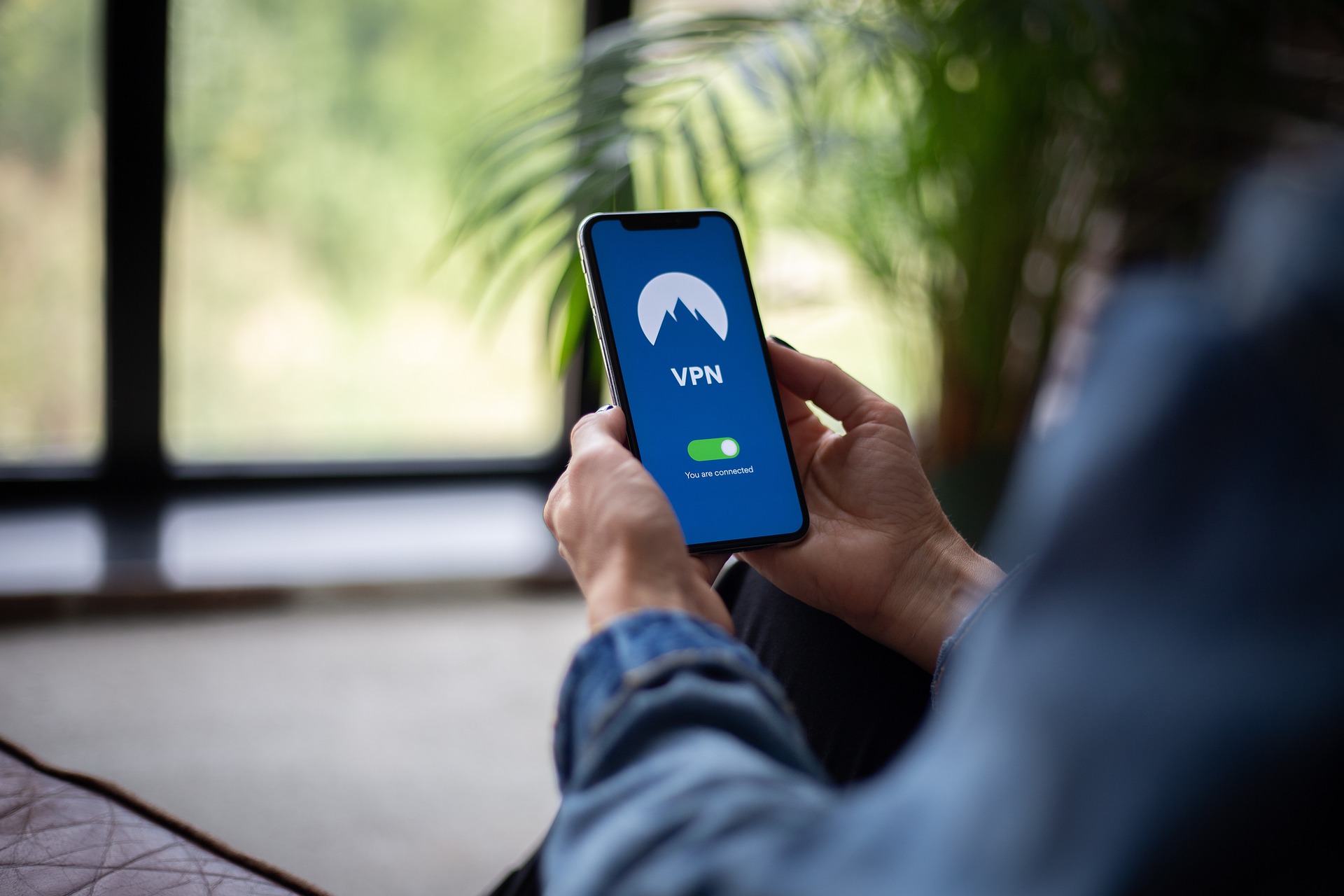

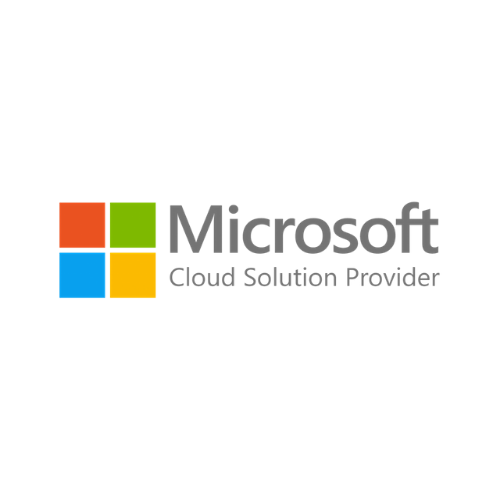


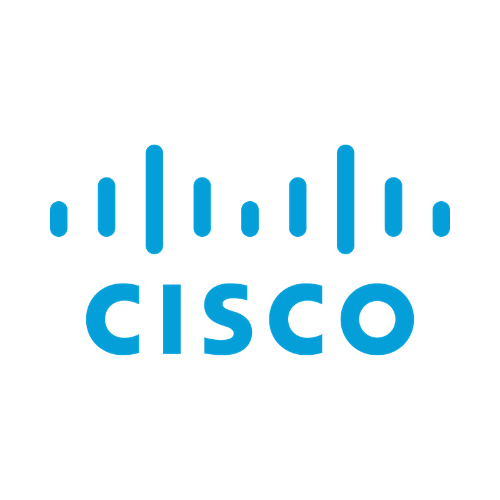
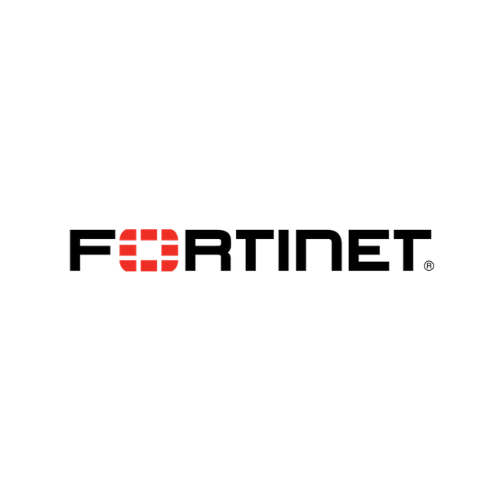

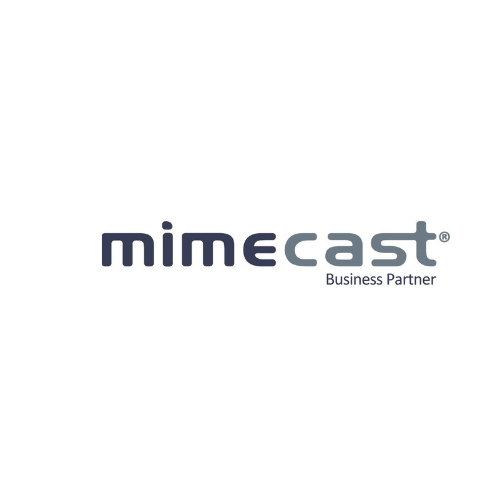





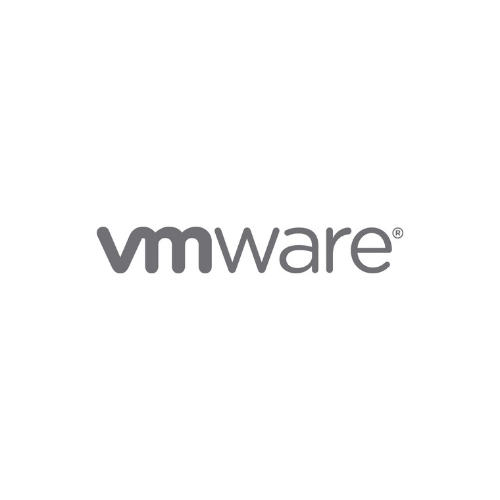
.png)
.png)